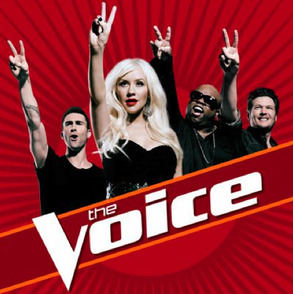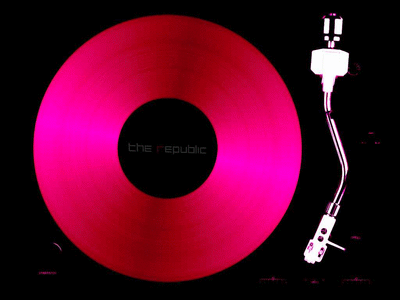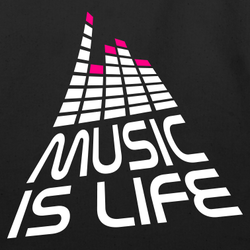
Fox’s “American Idol” has been the kingpin of talent-based programming since the “reality TV” boom in the early 2000’s, but the list of new talent shows with their own distinctive spin on the “Idol” blueprint is ever growing, and each program (including “Idol”) is desperately resorting to lots of blatant gimmicks to attract and/or retain viewers. Playing with the judge’s panel has been a popular (and annoying) trick. Shows like NBC’s “The Voice” and ABC’s summer series, “Duets,” employed all-star casts (including Grammy winner Christina Aguilera and “Idol” alum Kelly Clarkson) to garner ratings. When Simon Cowell didn’t get the attention he anticipated on his U.S. edition of “X-Factor” by rekindling his bantering “Idol” flame with Paula Abdul, Abdul and Pussycat Doll Nicole Scherzinger were scrapped for Britney Spears and former Disney darling, Demi Lovato. With every few judge rotations, “Idol” ups the celebrity ante; from talk-show host Ellen Degeneres, entertainer Jennifer Lopez and rock legend Steven Tyler, to one of the biggest-selling divas of all-time, Mariah Carey. Word on the street is that “Idol” is looking to fill another empty judge chair with singer Nick Jonas or hip-hop starlet Nicki Minaj.
While I’m happy to see that in most cases, qualified industry personalities are involved in judges’ picks, the moments where that’s not the case agitates me because it’s SO OBVIOUS that it’s all about ratings and not about providing aspiring singers with proper mentoring. I understand that these programs are in the business of TV and music is going to be an afterthought, but making music a 2nd-in-line priority could positively affect viewership. “X-Factor” sent the clear message they were only concerned with statistics when they paid millions to contract Spears, who has been criticized her whole career for lacking substantial talent. Granted, the pop queen is familiar with touring, promoting and the dark side of fame, but the idea that she will be evaluating, coaching and choosing songs for contestants seems to be a bit ironic and inappropriate. Lovato is a singer-songwriter with a solid voice who plays piano and guitar, but she’s been a major artist for only 4 short years. Jonas is the same age as Lovato with 2 more years on her career. Minaj, whose abilities and consistency is often debated, is equally unseasoned with just 3 years in the public eye. These celebrity names might be beneficial for ratings, but it may not be for the contestants who have to improve weekly to receive votes and hit the ground running once they win and sign a recording contract.

Since we’re on the subject sales, there are many possible reasons that most winning contestants don’t do well. Sometimes the winner is an indifferent talent who flew under the radar all season or was liked for a superficial reason (ex. looks or personality). A big chunk of it is how the record label handles things after the competition. There have been many cases of poor promotion and marketing; sometimes the label doesn’t even try (like with “Idol” 9 winner, Lee DeWyze, for example). A great illustration of marketing missteps would be the management of Idols Ruben Studdard and Fantasia Barrino’s careers. Both were pigeon-holed into core R&B/soul. This was a mistake, considering the demographic that watches “American Idol” consists mostly of Caucasian women ages 18-49 with a cluster of southerners and female teens who do most of the (repeat) voting. Let’s face it: this population doesn’t listen to R&B. If anything, they listen to pop/R&B (the key being pop comes 1st). Couple this with the fact that most young people illegally download music and primarily purchase singles versus albums, and you have poor record sales. Additionally, the “Idol” audience wants to see an artist do whatever they saw on the show; which is a versatile mix of popular contemporary music through the years. The less mainstream, pop or country your album is, the less likely the viewers who voted for you will buy your stuff. Guess the record executives didn’t anticipate TV politics affecting their business. Maybe TV and music shouldn’t blend together if they aren’t going to consider each other’s modes of operation.


 RSS Feed
RSS Feed